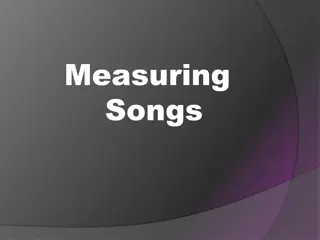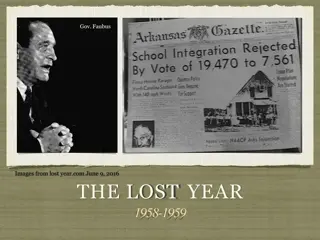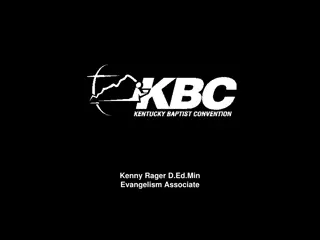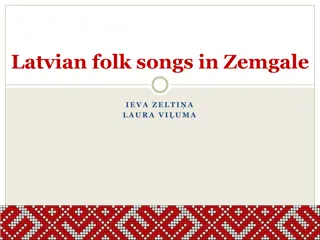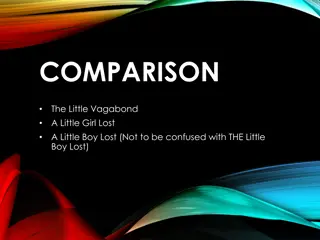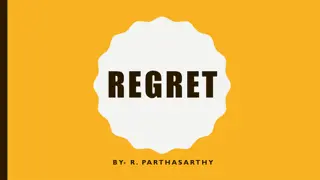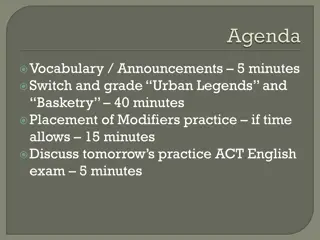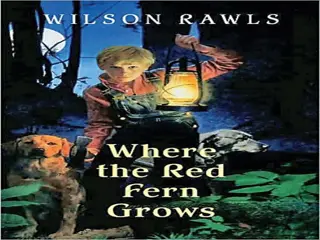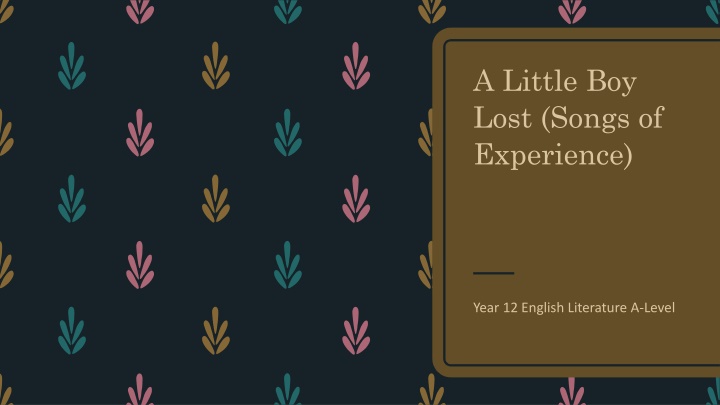
Interpreting 'A Little Boy Lost' in a Religious Context
Explore the religious connotations in William Blake's poem "A Little Boy Lost" from Songs of Experience, focusing on the boy's defiance of established beliefs and the conflict between Catholicism and Protestantism. Analyze the boy's perceived blasphemy against the Priest and the implications of self-discovery in relation to religious authority.
Download Presentation

Please find below an Image/Link to download the presentation.
The content on the website is provided AS IS for your information and personal use only. It may not be sold, licensed, or shared on other websites without obtaining consent from the author. If you encounter any issues during the download, it is possible that the publisher has removed the file from their server.
You are allowed to download the files provided on this website for personal or commercial use, subject to the condition that they are used lawfully. All files are the property of their respective owners.
The content on the website is provided AS IS for your information and personal use only. It may not be sold, licensed, or shared on other websites without obtaining consent from the author.
E N D
Presentation Transcript
A Little Boy Lost (Songs of Experience) Year 12 English Literature A-Level
Introduction This poem consists of six verses and is written in the familiar quatrains with alternate rhyme. In the first two verses, the child suggests that self-love is the most natural form of love, and that we can only understand human experiences. The child suggests that anything outside the human experience is impossible to understand or accept. The idea of God as outside direct experience means the child essentially denies the existence of God. Man cannot imagine anything greater than himself, children do not imagine a god, children are taught to believe in God without ever really knowing the truth of God s existence. In this poem the child questions the very possibility of God s existence, and the Priest makes a martyr of him. The boy is innocently interpreting the world for himself and he is punished for this. Blake preferred the idea that we can all know God in our own way, without the need for the hierarchy of the church.
Introduction to meaning 1. A greater than itself to know We would never know that God existed unless we were told. 1. Trembling zeal Angry enthusiasm 1. The Priestly care Ironic, the priest does not care for the child s wellbeing 1. A fiend A devil, an agent of Satan
Activities 1. In what way is the little boy lost? Is the boy lost in the same way as other children in the poems so far? 2. Why do the boy s words excite the wrath of the priest? What is it that the priest wants the child to believe? 3. What links can you find with the poem The School Boy? Look for similarities and differences. 4. Explain your interpretation of this quotation: I love you like a little bird That picks up crumbs around the door 5. What do you think Blake s view is of the Priesthood and the established church?
Context The poem highlights the conflict between the Catholic church that asserts the authority of Priests as the medium through which the congregation comes to know God s will, and Protestantism which asserts the contrary view that it is possible to know God without Priestly intersession (interference). The boy cannot understand the idea of God and the Priest interprets this as blasphemy and makes and example of the boy.
Written response activity Write a 500 word (max) interpretation of the poem, focus on the meaning of the text and links to religious context. Support your interpretation with reference to the text. Typed, size 12 font, double spaced.

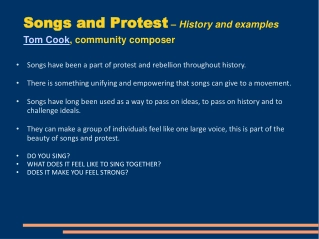
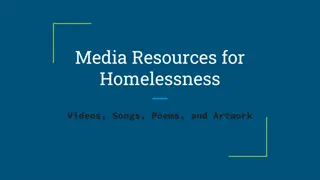
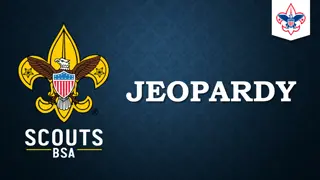

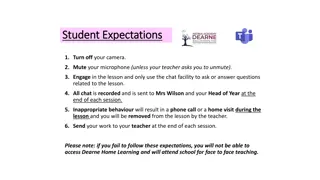
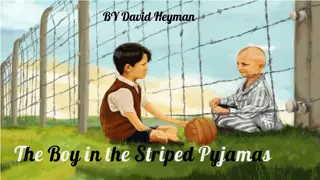
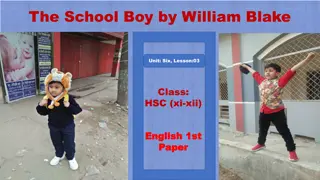
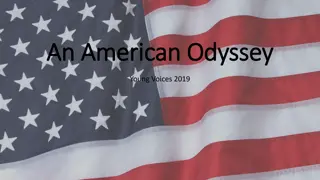
![101 Reviews How to Recover Lost Bitcoin [Scammed/Stolen Funds]](/thumb/153354/101-reviews-how-to-recover-lost-bitcoin-scammed-stolen-funds.jpg)
